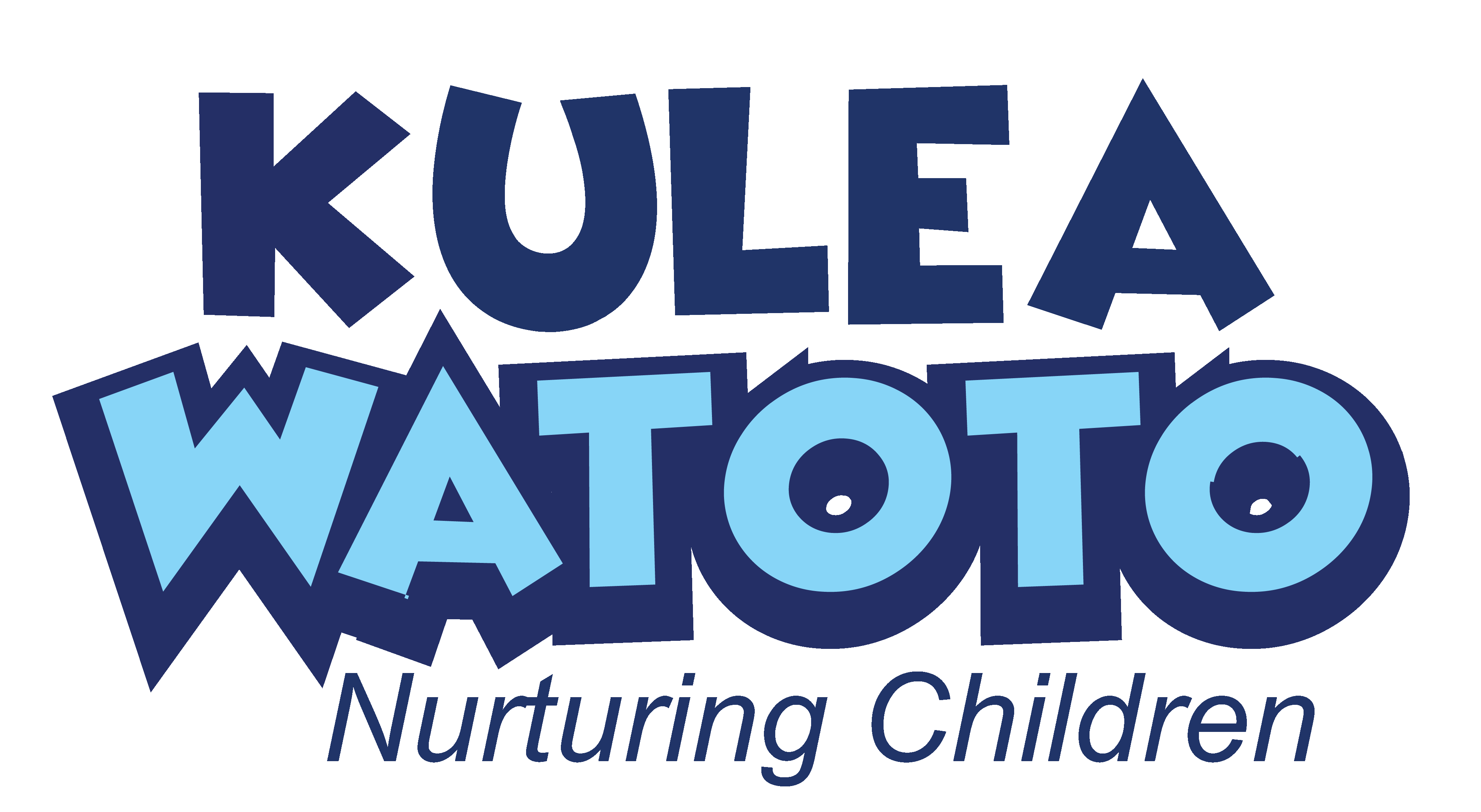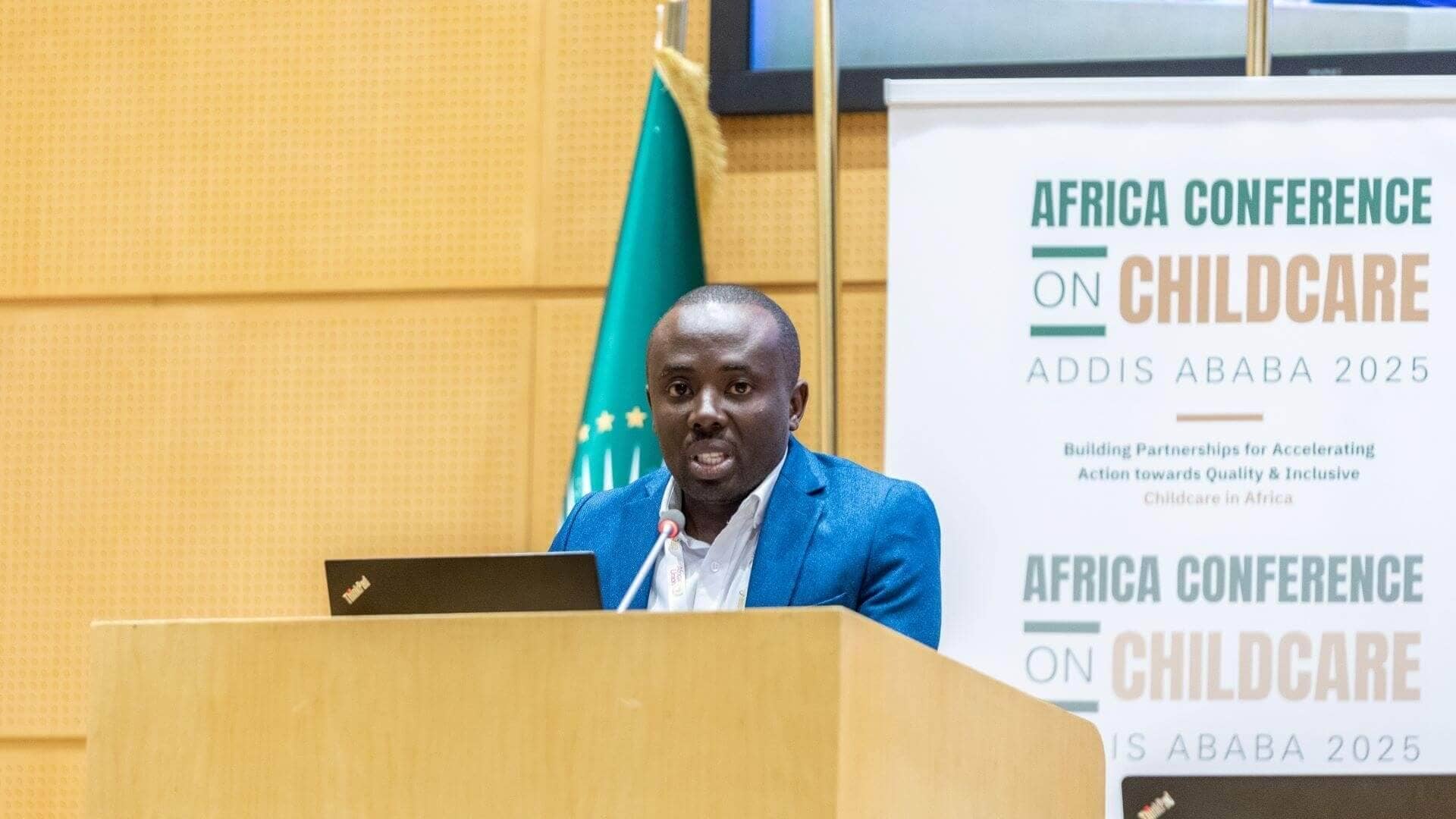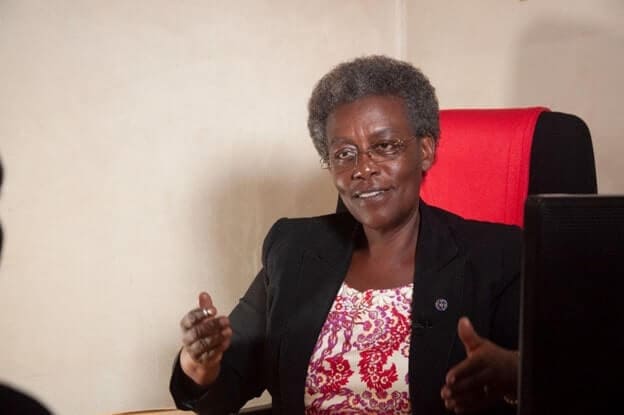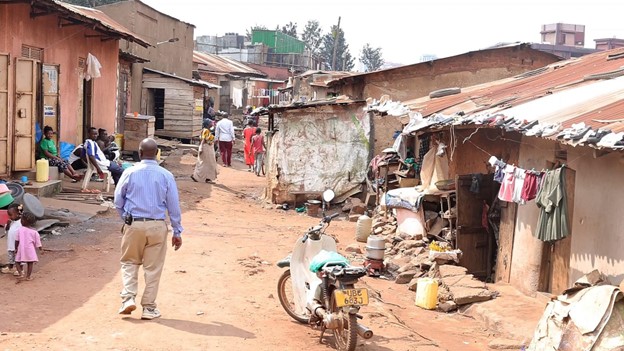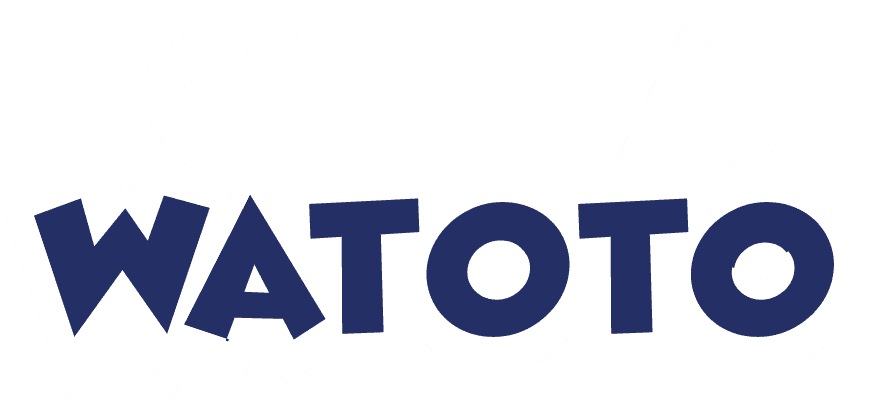Eggs of Opportunity : Transforming Lucky Early ECD Center
Eggs of Opportunity : Transforming Lucky Early ECD Center
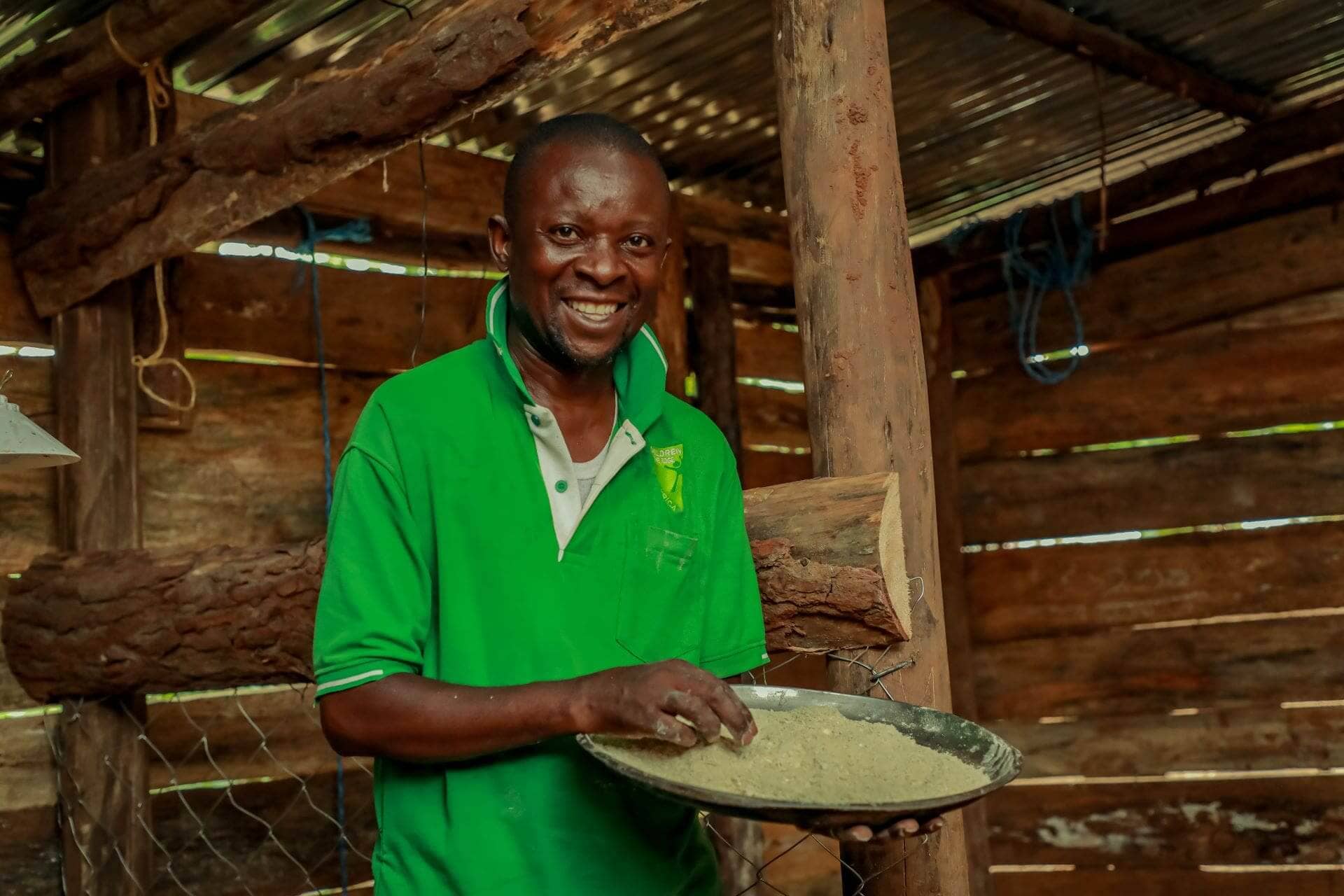
John Byamungu prepares chicken feed for his recently received chicks that he acquired through the seed grant provided by the Kulea Watoto Project. ©IRC/Jonathan Ssekitondo
In the heart of Mukondo C Village, nestled within the Kyaka II Refugee Settlement, lies Lucky Early Childhood Development (ECD) Center - a vibrant oasis of hope and opportunity for its over 300 young learners. Thanks to transformative efforts led by dedicated development partners like the International Rescue Committee (IRC) through the Kulea Watoto Project, the settlement has seen significant advancements in Early Childhood Development (ECD) interventions.
At the forefront of this remarkable journey at Lucky Early Childhood Development Center is John Byamungu, the Chairperson of the Center Management Committee (CMC), whose unwavering commitment has ensured that the ECD provides nurturing environments and quality learning experiences for children from both host and refugee communities.
The path to success, however, has always been fraught with challenges. Establishing a thriving ECD center is no easy task, particularly in an environment where financial resources are scarce. According to the Kyaka II Needs Assessment Report 2018 conducted by the Office of the Prime Minister, only 21% of ECD aged children attend ECD centers. Many centers in the refugee settlements struggle to invest in essential facilities, hindering enrolment and quality of education offered to young children.
Recognizing these hurdles, the Kulea Watoto Project stepped in to provide vital support, enabling ECD centers in the settlement to continue delivering enriching educational experiences. The project has built capacity of caregivers offering them training on Child Development and Key Family Care Practices that have empowered them to enhance their understanding of early learning and responsive caregiving. In addition, the project introduced a seed grant program to help qualifying learning centers secure funding for sustainable livelihood initiatives.
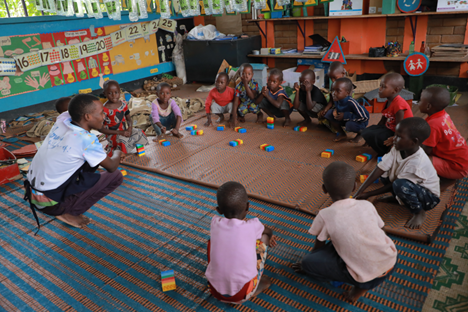
Benon Gumisiriza, a caregiver at Lucky Early Childhood Development Center attends to children during class. The ECD is providing learning space for over 300 children in Mukondo C, Kyaka II Refugee Settlement. ©IRC/Jonathan Ssekitondo
(So) When the Kulea Watoto Project announced the opportunity for ECD centers to apply for a seed grant, Byamungu saw a glimmer of hope. The grant was designed to provide funds for income-generating activities to ensure the centers could operate smoothly. With a deep sense of urgency, Byamungu and the CMC applied for the grant.
“Lucky Early Learning Center cannot survive on parental support alone,” he emphasizes. “As the CMC, we have worked hard to engage development partners and projects for training, learning materials, and infrastructure improvements. Much as they have supported hugely, we are still short on outdoor play materials and classrooms.”
After a comprehensive vetting process, Lucky ECD qualified as a beneficiary of this grant, igniting excitement among CMC members and parents alike. Determined to use the grant wisely, Byamungu and his team decided to establish a chicken farm, erecting the pen at his home where the birds could be easily monitored and secured.
“We purchased 50 chicks with the shs. 2 million (approximately $600) we received,” he shares, his eyes gleaming with optimism. “Our plan is that once they mature, the hens will lay eggs to improve the children’s nutrition, with some set aside for sale. Each egg sells for shs. 500, and from 50 hens, we can generate shs. 25,000 ($8) daily.”
With this seed grant, Byamungu envisions a sustainable future for Lucky Early Learning Center. The proceeds from the chicken farm will help address critical challenges the center faces.
“Currently, we have only two classrooms, meaning one group of children learns from outside while the other two use the two rooms on the building,” he explains. “We aim to save from egg sales to construct a new structure, ensuring that every child can learn under a roof.”
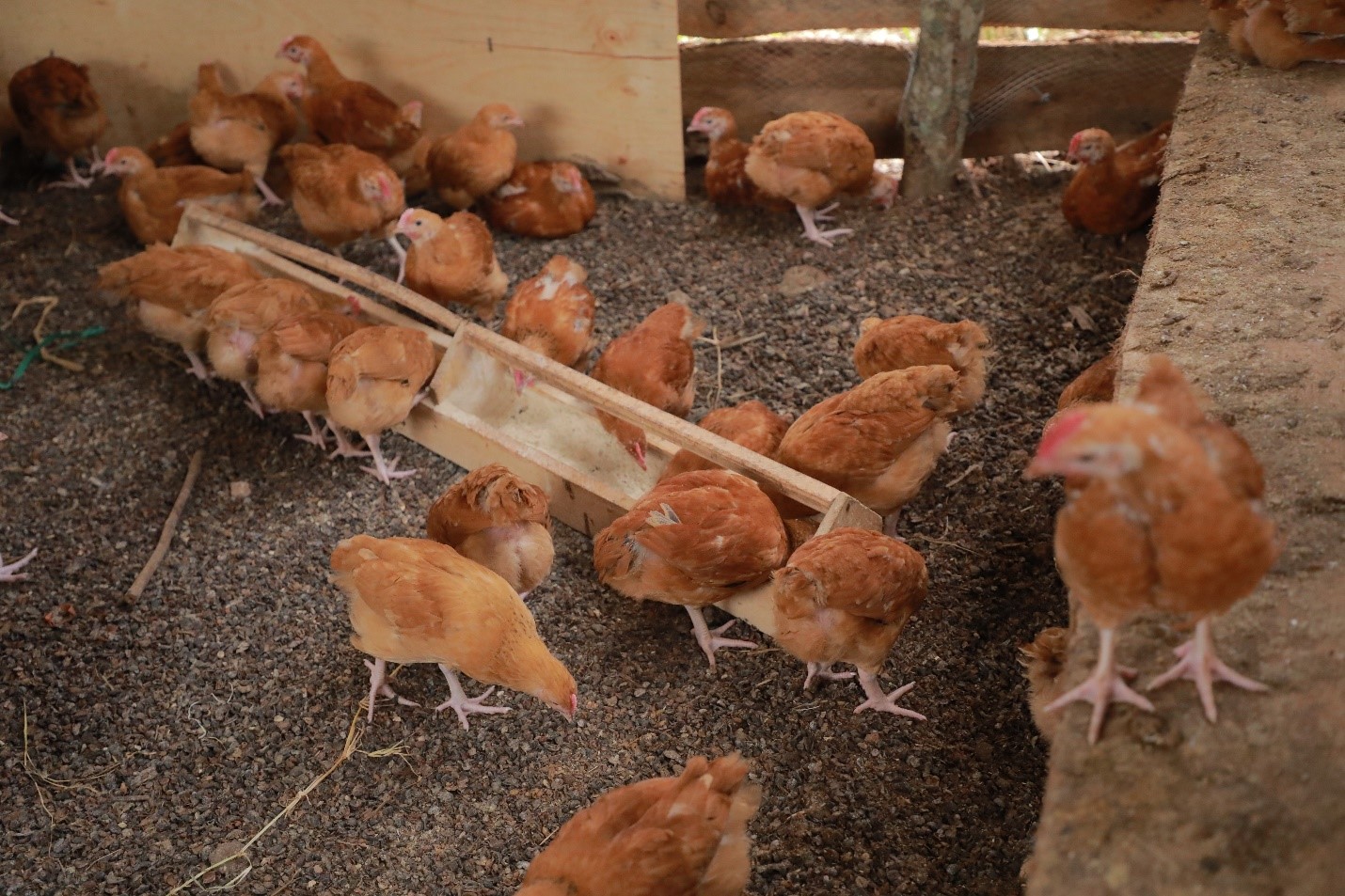
Birds bought from the seed grant offered by the Kulea Watoto Project to Lucky ECD. The CMC members are not only looking at selling the eggs but also providing some to the learn to eat and supplement their diets. ©IRC/Jonathan Ssekitondo
Byamungu also expresses a pressing concern for their dedicated caregivers. Many of them are funded by external projects that are phasing out.
“It’s very important for us as the CMC to find ways to sustain their salaries and keep them motivated,” he states earnestly. “Education will transform our community, and our caregivers are essential to this mission.”
As Kulea Watoto enters its final year of implementation, Byamungu cannot thank the project enough for the support it has rendered the center since its inception in 2022.
“Kulea Watoto has been a huge blessing,” he says. “The project has not only improved the teaching capacity of our caregivers through trainings that will stay with them forever on how to teach our children but also given us a sustainability plan with the seed grant. Thank you Kulea Watoto. We can only hope that you will extend to support more ECD centers in the settlement.”
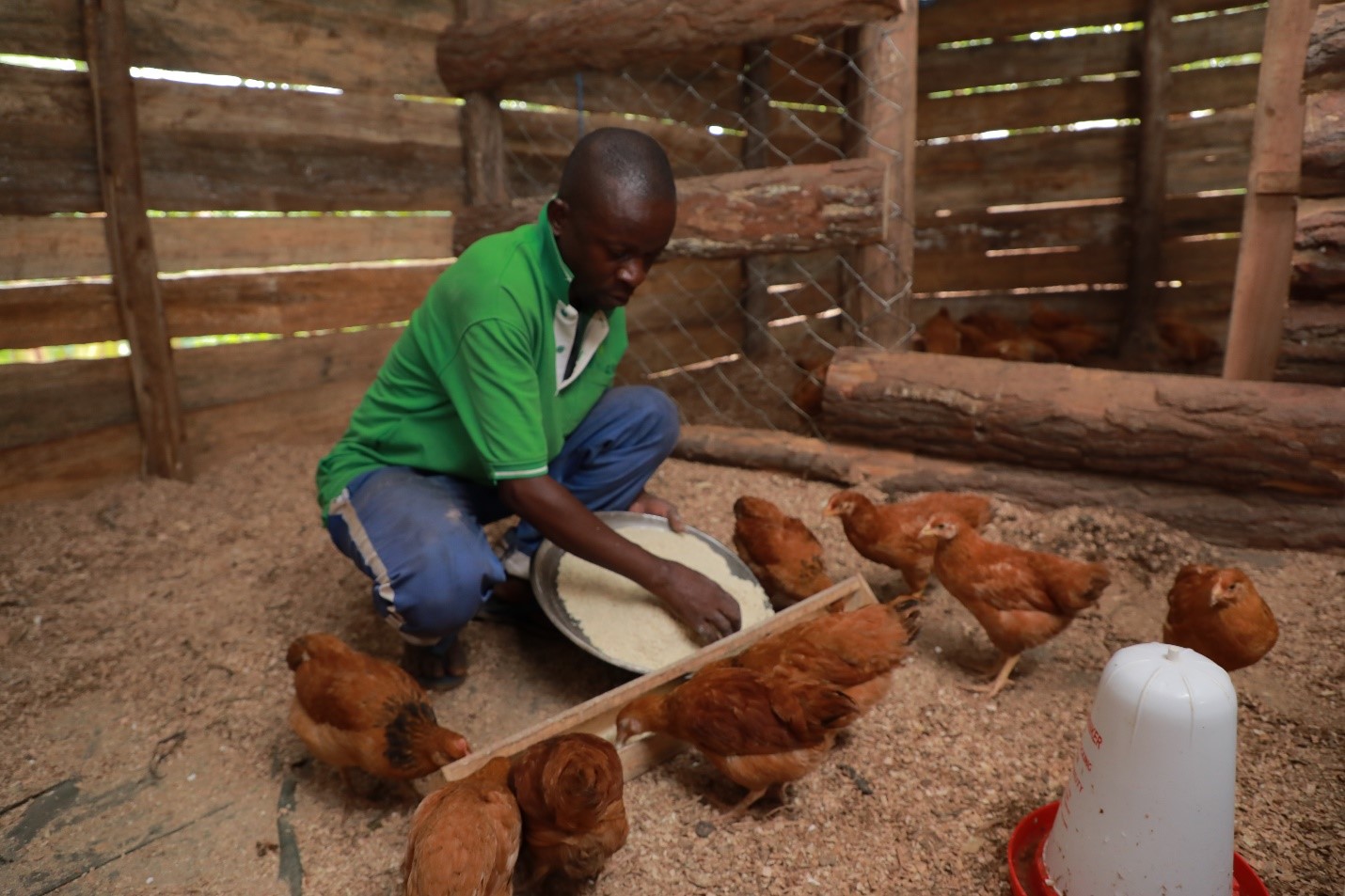
Byamungu attends to the chicken bought using the seed grant. He believes that once they come of age, they will lay eggs which will be sold to ensure the ECD operations are not halted. ©IRC/Jonathan Ssekitondo
As the sun rises over Mukondo C Village, Lucky Early Learning Center shines as a beacon of hope and resilience. Byamungu and the CMC are not only raising chickens; they're cultivating a brighter future for their community. Each egg symbolizes improved nutrition and the promise of education for every child.
With determination and united support, they aim to expand learning spaces and retain dedicated caregivers, ensuring that all children have the chance to thrive. The Kulea Watoto Project has ignited a transformative journey, proving that even amid challenges, the seeds of hope planted today will blossom into a brighter tomorrow.
